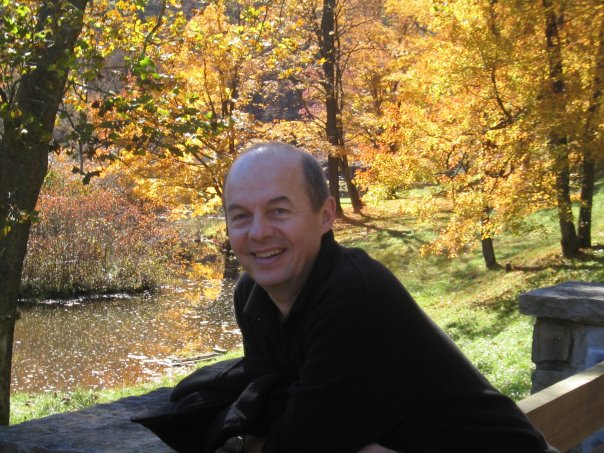
I’m professor and director of Comparative Media Studies [CMS] at MIT, a program that continues to define the frontiers of media study. And I’m professor of comparative media history at Utrecht University in the Netherlands in a department with uncanny resemblances to CMS. At the moment, I’m also a visiting professor at the University of Science and Technology of China and Bonnier Professor of Journalism, Media and Communication at Stockholm University.
Comparativity … it’s a pretty central word in my world, and these and a number of other visiting professorships that I’ve held in Berlin, Marburg and Stockholm have given me access to a comparativist’s dream. I’m interested in comparing the development and uses of pretty much all forms of media and am particularly interested in moments of instability, uncertainty and disruption. These tend to be revealing moments, moments that show forgotten potentials or recurrent longings, moments with implications for how we represent and structure the world, and how we remember. I’m a media historian, and spend a lot of time exploring the deep history of the telephone, television, photography and film. But although centered in 18th and 19th Century sources and 20th century deployments, in fact the relevance of this work tends to be at the frontiers of contemporary media development. So in fact, the telephonoscope is as central to my work as the latest developments in YouTube and IPTV.
I’m constantly struck by the very different starting points and assumptions of these technologies across different cultural spaces, and do quite a bit of comparison among North American, European, and increasingly Asian developments. And I’m particularly intrigued by how these technologies are deployed to help articulate (and sometimes reposition) identity — the topic of my last two books.
I’m also quite interested in the role played by algorithms in applications such as Wikipedia and Photosynth, their implications of their deployment in social networks for the modern subject, and how we need to rethink some of our basic theories of media and mediation in their wake. This work has pulled me back to developments in the 16th Century and the notion of the algorismic, helping to articulate the distinctiveness of the algorithmic in contemporary culture. Like I said, I’m a historian….
Among other things, I’m principle investigator of a wonderful research-driven games initiative — GAMBIT. With labs at MIT and in Singapore, I have the opportunity to watch a medium develop in new and sometimes unexpected ways, and to track it across very different cultural spaces. Visit GAMBIT’s website! download some games! I’m also PI on MIT’s Convergence Culture Consortium, an initiative started by my friend and colleague, Henry Jenkins, that has provided a platform for exchange for forward thinking academics and media business leaders. Notions such as transmedia storytelling and ’spreadibility’ suggest the direction of our work, but check the C3 blog or attend the Futures of Entertainment conference for more. And I’m PI along with the MIT Media Lab’s Mitch Resnick and Chris Csikszentmihalyi on the Knight Foundation-sponsored Center for Future Civic Media — a project that’s about facilitating local civic engagements through the creative deployment of media technologies.


![WHAT ARE BOB AND ALICE SAYING? [MIS]COMMUNICATION AND INTERMEDIATION BETWEEN LANGUAGE AND CODE / HANNAH LAMMIN](https://www.leoalmanac.org/wp-content/uploads/2022/03/01-LEA-covers-web-LG-2-3-90x75.jpg)

